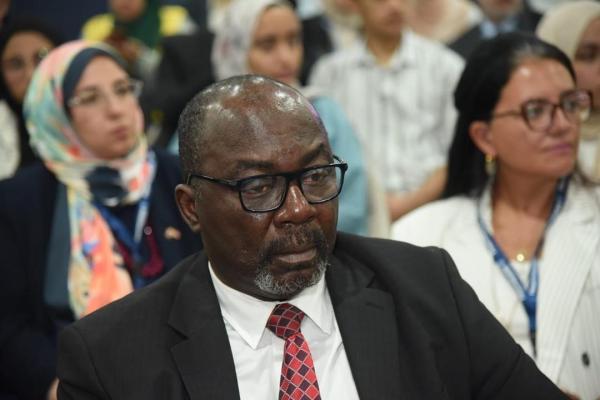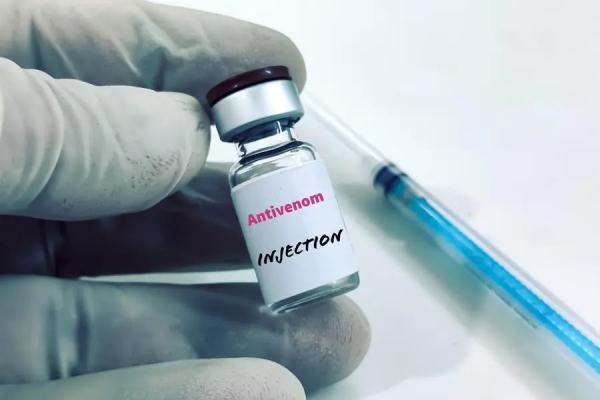
Pharm. Olumide Akintayo, FPSN, past President of the Pharmaceutical Society of Nigeria (PSN), has called for a comprehensive review of Nigeria’s primary healthcare framework and stronger interprofessional collaboration as the National Assembly considers several new health-related bills.
He made this call on Wednesday, November 12, 2025, while speaking at the Public Hearing of the Joint Committee on the E-Governance Bill, held at Conference Room 022, Senate New Building, National Assembly Complex, Abuja.
Speaking during his presentation, Akintayo emphasized that primary healthcare in Nigeria remains the weakest link in the nation’s health system, largely because implementation at community level has not been aligned with the realities of grassroots care.
“Primary healthcare in Nigeria is critically fragile. The only window that supports it effectively is through collaborative strategies. Yet, nobody has taken time to examine the long-term impact of the clauses in these proposed reforms,” he said.
He urged the lawmakers to review and adjust the provisions of the bill to ensure alignment with the professionals who work closest to the grassroots.
“Primary healthcare is a community-based practice. To get it right, you need to bring practitioners at the frontlines — including pharmacists, nurses, environmental health officers, and other community health professionals into the structure. Without them, the system cannot function sustainably,” Akintayo added.
He expressed concern that many health centres remain poorly resourced, citing the persistent misuse and overconsumption of malaria medicines at community facilities, while preventive interventions such as environmental management and vector-control are neglected.
“We have consumed all the malaria drugs in the health centres without addressing the source of transmission. We should be deploying environmentally friendly vector-control measures, spraying safe chemicals, and implementing integrated community prevention strategies,” he noted.
Akintayo also confirmed the Federal Government’s approval of an extended retirement age for pharmacists as part of measures to retain scarce expertise in the health sector.
He noted that the new policy provides for 65 years as the retirement age for Pharmacists and 70 years for Consultant Pharmacists, describing it as a necessary step to sustain capacity in critical specialty areas.
According to him, out of the seven new bills under consideration by the National Assembly, four are proposing the creation of new commissions, including those on:
• Surrogacy and Organ Procurement
• National Health Quality and Accreditation
• Regulation of Health Facilities
• Tertiary Health Institutions Oversight
He however cautioned against adding new structures without fully utilizing or strengthening existing ones.“In the health sector today, we have over 150 agencies and councils. The Federal Ministry of Health has not fully engaged five of them. Why are we asking for more when we cannot sustain the ones currently in existence?” he queried.
Akintayo noted that key regulators such as the Pharmacy Council of Nigeria (PCN) and the National Agency for Food and Drug Administration and Control (NAFDAC) continue to struggle due to limited statutory funding, despite their critical roles.
“These agencies cannot live up to expectations because their statutory mandates are broader than the resources available to them. Creating new commissions without addressing these gaps will not work for us,” he stressed.
Instead of multiplying agencies, Akintayo recommended the strengthening of the National Tertiary Health Institutions Standards Committee, which he said is already empowered within existing legislation to perform several of the statutory functions being proposed.
“We should strengthen, gazette, empower, and adequately fund this committee. If we optimize what we already have, we will achieve the same objectives more efficiently and ultimately improve the quality of care delivered to Nigerian health consumers,” he said.






















